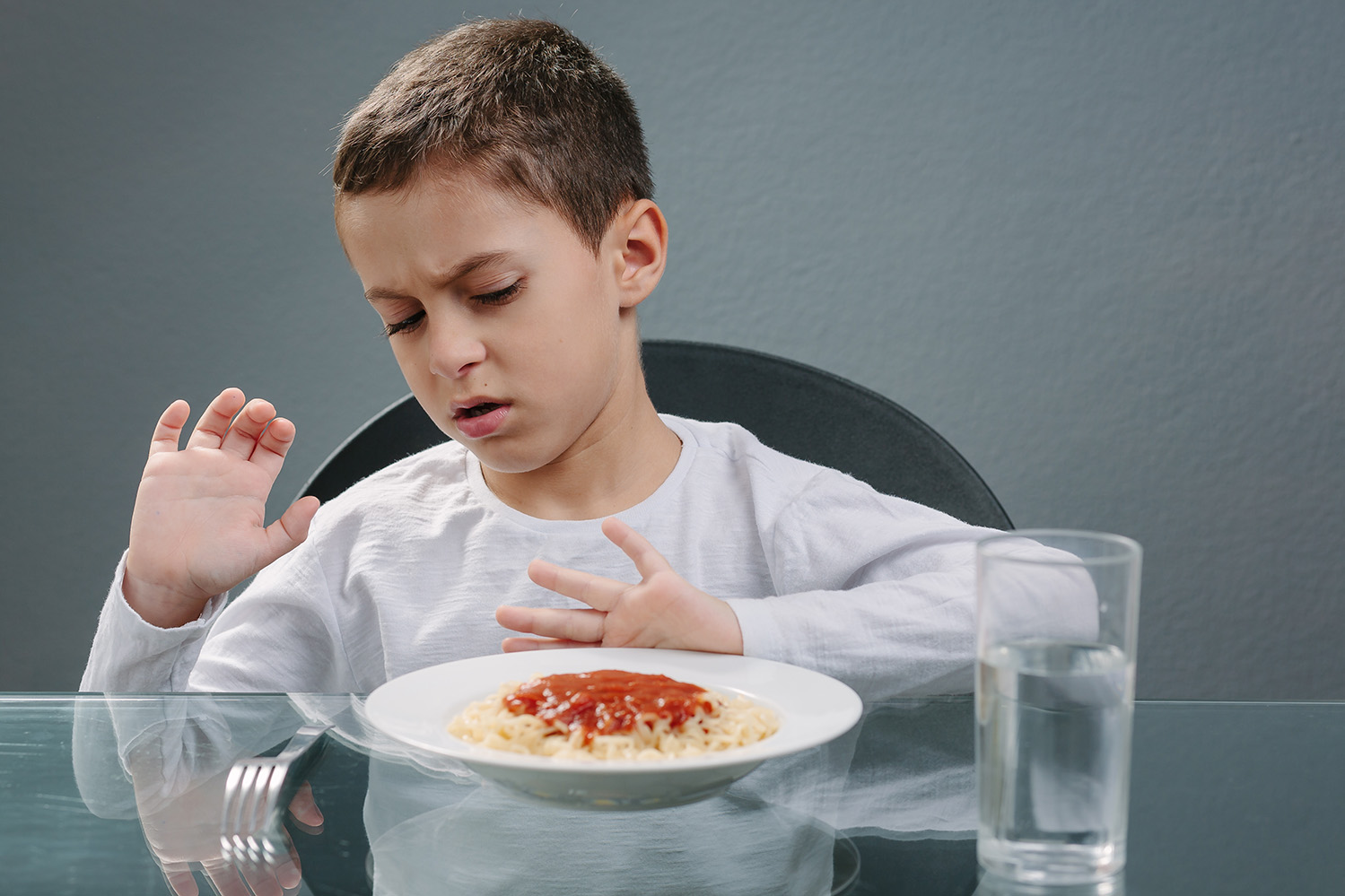

A loss of appetite in children might cause worry in most parents. However, it is quite common in children aged between two and five years. Nevertheless, in some rare cases, loss of appetite may be a cause for concern. Thus, you should consult a doctor if you notice your child losing their appetite a little too often.
When Should You Worry?
If your child has normal weight and height (for their age), then there might not be a reason to worry, as some children with a small build might have lesser food requirements and, therefore, a lesser appetite. But if your child is older and the loss of appetite is sudden, accompanied by weight loss, then you may consult a pediatrician to identify the cause and correct it.
Possible Reasons For Loss Of Appetite In Children
If your child is always tired and irritable, then it might be linked to a lack of appetite. Here are a few possible reasons why children might lose their appetite:
- Slow growth rate
- Sickness
- Stress
- Depression
- Anorexia nervosa
- Medications
- Anemia
- Intestinal worms
- Constipation
How To Improve Your Child’s Appetite
Here are some natural ways to increase your child’s appetite. We have also listed a few supplements that you can use.
- Children like to snack. But these snacks should be as good as meals. Make smart food choices. For instance, give the child roasted peanuts instead of crisps and sandwiches or baked veggies instead of cookies.
- Do not allow them to snack when it is time for meals; maintain a consistent time gap between both.
- Peanuts might help in appetite-boosting and protein-building, hence consider adding more peanut-based foods to your child’s diet.
- If your child refuses to drink milk, add calcium to their diet in the form of cottage cheese, yogurt, cream, and curd. You could also use non-dairy milk if they prefer that.
- If your child has a reduced appetite, offer smaller bites of food until they start eating properly on their own. Smaller quantities might help in increasing metabolism and in turn, increase the appetite.
- Make an inventory of the nutritious foods your child likes to eat and tailor the meals to suit their tastes. When your child sees their favorite food on the plate, they are more likely to eat.
- Choose healthy, calorie-dense foods to increase weight.
- Some herbs and seasonings such as ginger, cayenne, and ginger might work as appetite stimulants. You may sauté herbs and spices in olive oil before mixing them to a meal for added flavor.
- It is believed that lemon juice, ginger, and vinegar might stimulate gastric secretions and one’s appetite.
- Mix greens and several other veggies to bring about a variety of colors into your child’s meal.
Tips To Prevent Loss Of Appetite In Children
- Make the meals look interesting and a visual treat for your children.
- Do not argue with or scold the children during mealtime.
- Adjust the meal schedules so that you serve food only when your child is hungry.
- Encourage your child to make healthy food choices.
- Serve small portions at regular intervals.
- Encourage your child to be physically active.
- Do not force your child to eat if she is not hungry. Also, demanding that she finishes the food on her plate is a bad idea.
